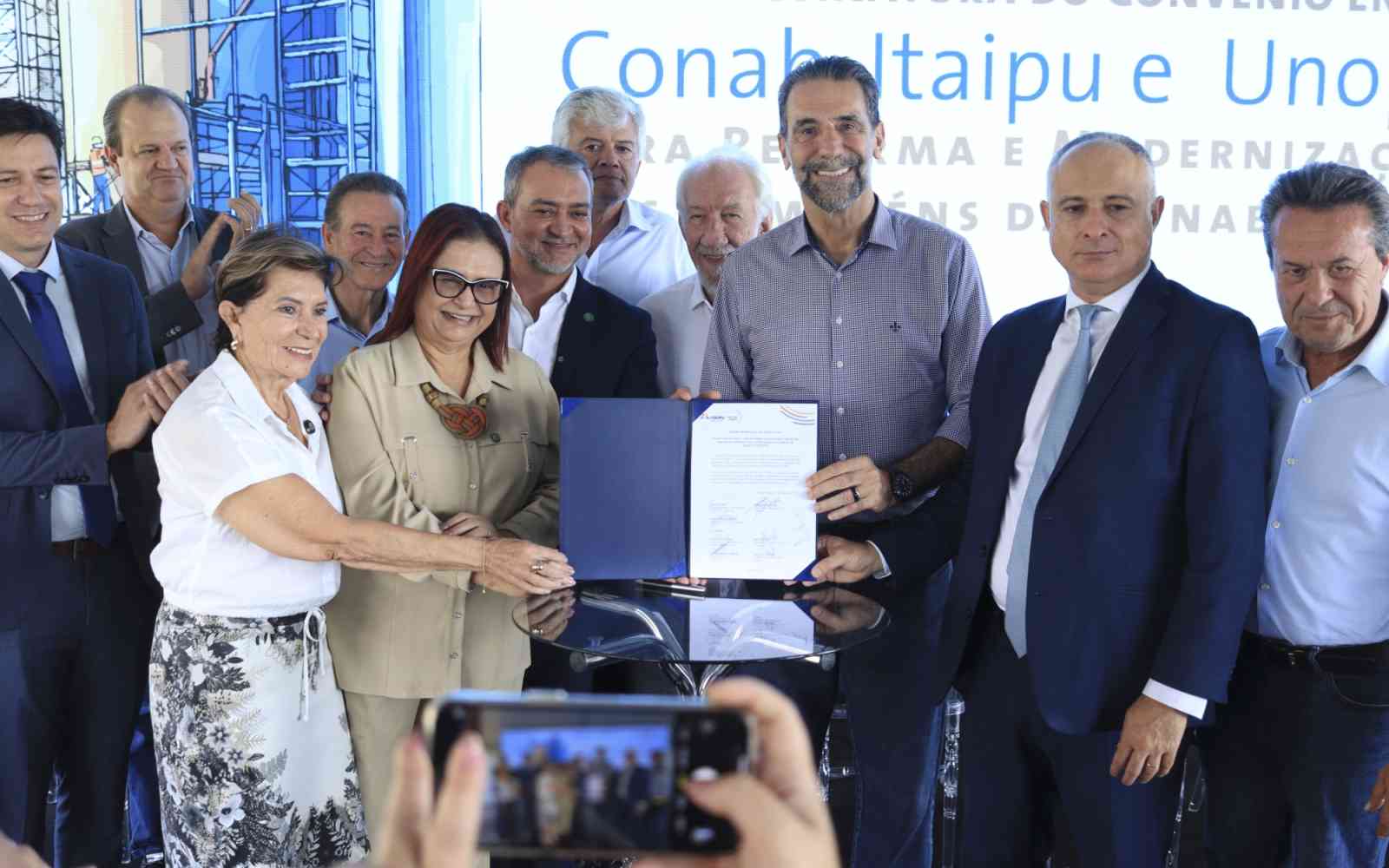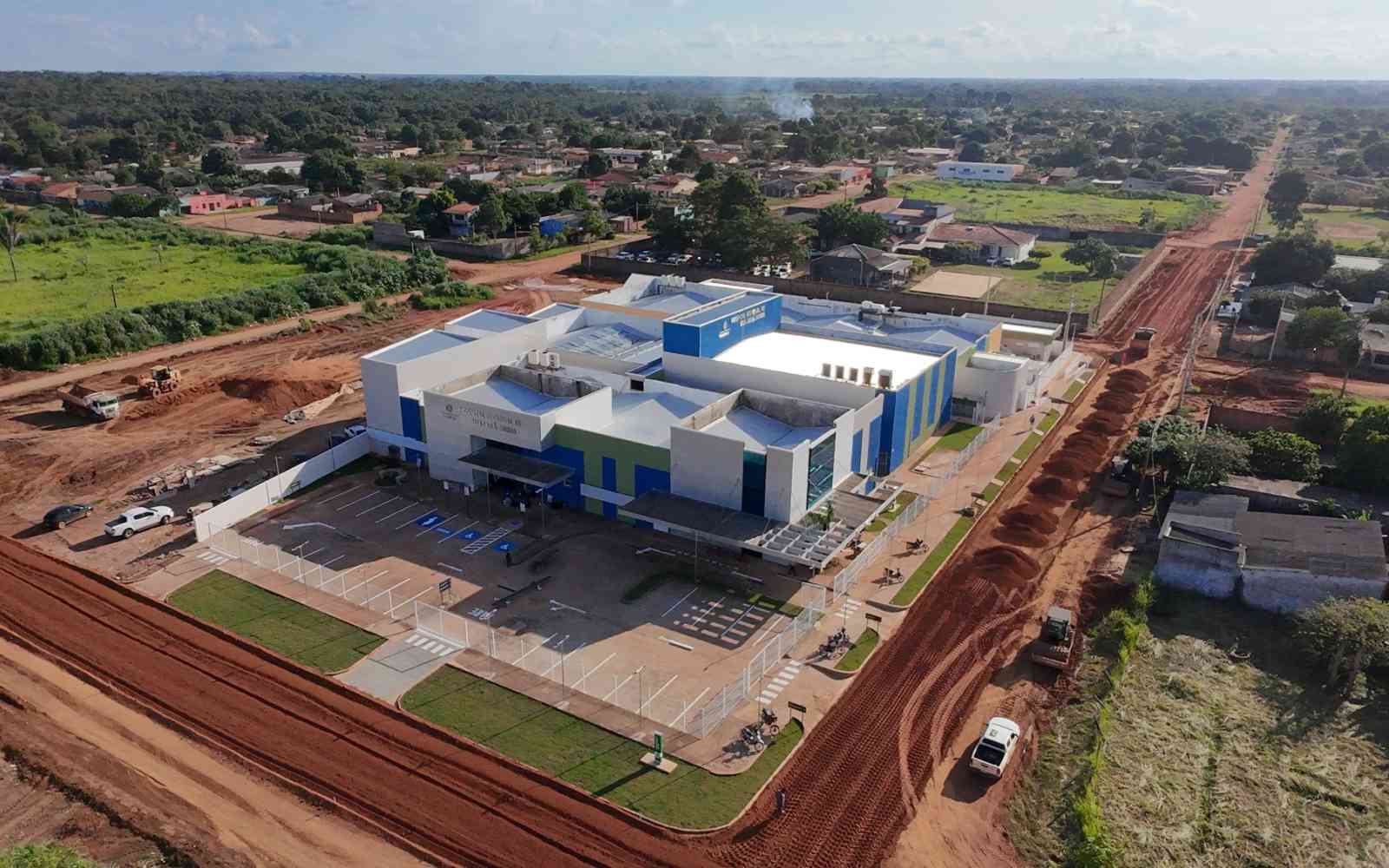The United Nations Office for Project Services (UNOPS)
Remarks by UNOPS Executive Director at the European Parliament's Committee on Development (DEVE)
Opening remarks by Jorge Moreira da Silva, UN Under-Secretary-General and UNOPS Executive Director to the European Parliament's Committee on Development (DEVE) Ordinary meeting, 19 March 2025.
[Check against delivery]
Thank you very much Mr. Chairman.
It is indeed a great pleasure to be here and to exchange views with this committee.
UNOPS strong and long-standing partnership with the European Union has been crucial to our ability to respond to needs, where they are greatest.
Together, we have delivered projects that drive sustainable development, accelerate climate action, and strengthen peace and security around the world.
And we can do so much more to build on this partnership.
I look forward to our conversation today on the implementation of the Global Gateway. There are so many synergies.
Allow me to reflect on these through some of our projects.
*****
UNOPS offers practical solutions to our partners, across infrastructure, procurement and project management.
Our work extends across humanitarian, development and peace and security operations.
Over half of this work is in fragile and conflict-affected areas - but we respond where we are needed, including in middle-income countries.
We work for numerous Team Europe partners and across the development landscape. UNOPS is the largest UN implementer of World Bank-financed projects in FCV contexts.
Our focus is on implementation. There is a real implementation gap between aspirations, and the reality of people’s lives, on climate, sustainable development and peace.
UNOPS is dedicated to action to bridge those gaps.
***
So you can see why we have enthusiastically welcomed the Global Gateway.
It supports the urgent need to bridge those development gaps, including on health, climate, connectivity and energy.
The 360 degrees holistic approach to the connections that work for people and the planet is aligned with our efforts to advance the Sustainable Development Goals (SDGs).
And as Commissioner Sikela recently mentioned, Global Gateway is relevant to addressing fragility. Many Team Europe flagship projects are also happening in fragile contexts, where UNOPS has its largest presence and implementation capacity.
We have a shared understanding that infrastructure is central to climate action and to the SDGs.
This is something that our research at UNOPS strongly backs up: Infrastructure impacts the achievement of 92 per cent of all SDG targets. It is responsible for 79 per cent of all greenhouse gas emissions and 88 per cent of all adaptation costs.
Today’s infrastructure decisions define our common future. We need infrastructure that is sustainable, resilient and inclusive, and we need profound changes to how infrastructure is planned, delivered and managed.
Our infrastructure focus at UNOPS is multifaceted.
Firstly, we undertake downstream development, facilitation and implementation of sustainable, resilient and inclusive quality infrastructure, relying on the highest international standards, even in very fragile contexts.
In South Sudan, we have signed an agreement and look forward to implementing a key Global Gateway project over the next four years, part of the EU's work on African Strategic Corridors, to enhance regional trade, improve infrastructure, and drive economic integration. This builds on our previous work, supported by the EU, on the Nyamel bridge, feeder roads, water and sanitation, helping to improve food security and community resilience. With the Nimule One-Stop Border Post project - a collaboration between UNOPS, the EU, and Trade Mark Africa - we will facilitate cross-border trade by allowing customs and immigration procedures between South Sudan and Uganda.
In Sierra Leone, building on years of successfully working with partners to improve access to renewable energy, we are now about to partner with the EU, through a Result-Based Financing (RBF) model, so as to help meet growing electricity demand. Implementing this together with Sustainable Energy for ALL (SEforALL), we will do this by providing financial incentives to private mini-grid developers and operators based on the number of connections they set up.
Secondly, we provide upstream advisory support on strategic government infrastructure planning. For instance, by being a neutral technical advisor facilitating complex operations between governments, financial institutions and the private sector.
In Nigeria, the support from the EIB allows us to help tackle erosion and land degradation. We advise the government to improve rural access and agricultural marketing, with the aim of reducing rural poverty and improving welfare.
In Barbados, we provide advisory services and technical assistance as part of the Queen Elizabeth Hospital Capital Investment Programme, funded by European Investment Bank, to rehabilitate existing facilities, provide a master plan and design for the expansion of the hospital administrative and laboratory services, and procure medical and digitalisation equipment.
We facilitate the 360 degree approach to creating an enabling environment for sustainable and quality projects to happen.
An example is the EU Civil Society Facility, recently launched at 5th EU-Central Asia Civil Society Forum in Kazakhstan, which not only enhances CSOs’ capacity and promotes regional cooperation, but also helps involve civil society in the main Global Gateway priorities and Team Europe Initiatives in Central Asia.
And finally, we facilitate platforms for multilateral action to address the implementation gap, for example our hosted partnerships such as Cities Alliance or SE4all.
****
Excellencies,
The examples that I have shared speak to our ability to partner on Global Gateway, including to deliver on Global Gateway in fragile and conflict affected contexts.
But our partnership with the EU goes beyond this.
In particular, we have a very strong experience operating in the most complex and challenging environments - including in politically restrained contexts, where Global Gateway is not the name of the game.
Examples of this include our work on enhancing community resilience and livelihoods in Afghanistan, and in Myanmar managing some of the largest development funds, or the Nexus Response Mechanism. These can be built on to inspire work in other contexts, in Africa (such as the Sahel) or Latin America.
While I will not expand on this in this introduction given time constraints, I am eager to explore how we can partner beyond the Global Gateway to address some of the most vulnerable contexts.
This is particularly relevant as I can see fragility is central to your agenda today.
And with that - let me stop here.
I look forward to our exchange today on how our work on Global Gateway helps create opportunities and address fragility.
Thank you.












